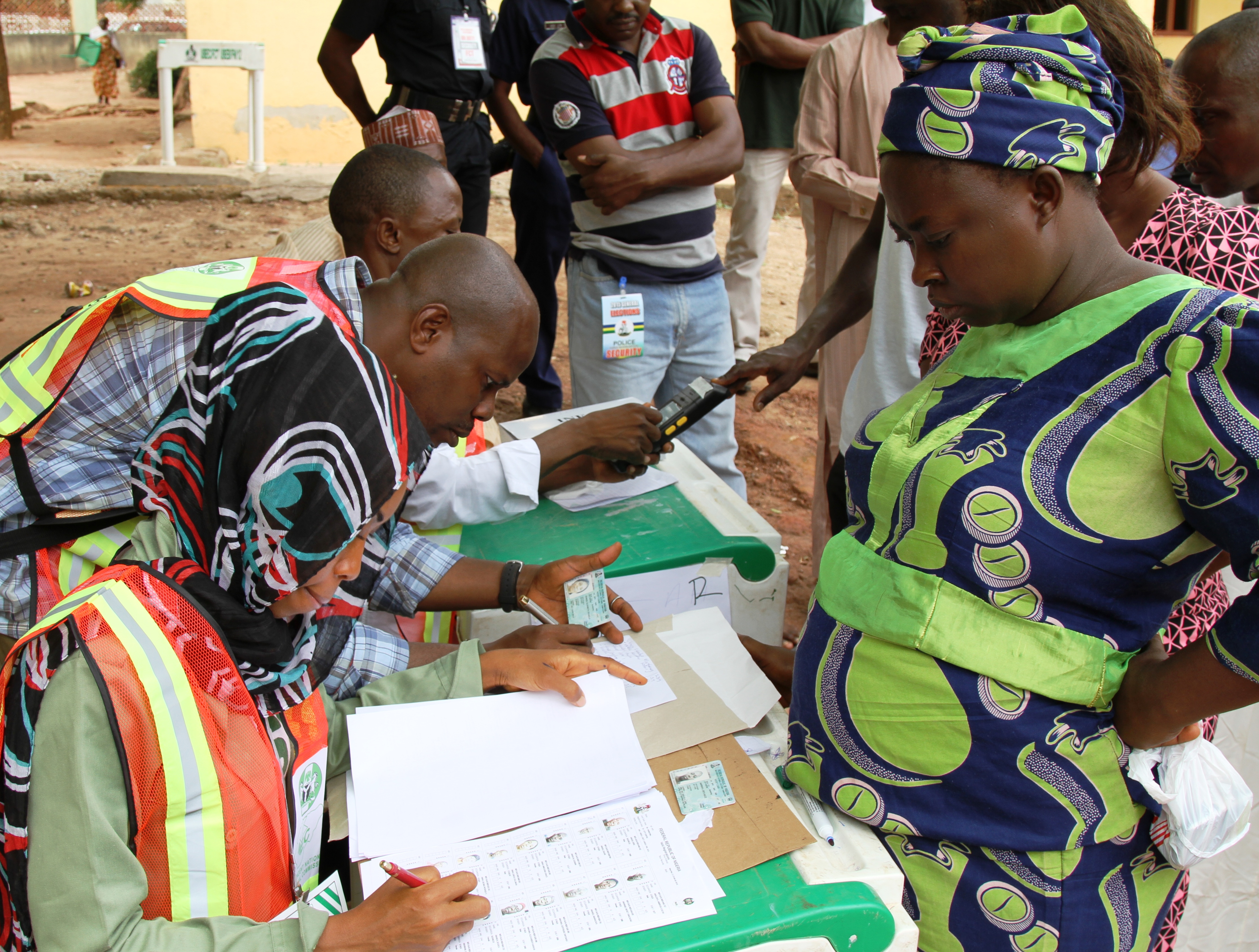By Samson Itodo, 30 November 2020

Nigerian elections in 2015 (photo credit: GPA Photo Archive/flickr)
Nigeria's 21 years of democracy was tested with the conduct of last year's 2019 general elections. The elections presented an opportunity for Nigeria to consolidate on the gains of the 2015 elections and deepen her democratic transition, but the polls substantially failed to do so.
The Independent National Electoral Commission (INEC) introduced reforms to deepen electoral integrity and citizen participation before the elections, yet the elections were fraught with the same shortcomings that marred previous national elections in Nigeria.
As in past elections, INEC's logistical challenges coupled with misconduct on the part of political parties and candidates undermined the elections' integrity. Not to mention the assault on voting rights by desperate politicians who recruited thugs and security agencies for voter suppression. The judiciary was no bystander. In most cases, it determined the final vote by substituting justice for legal technicalities with its logic of constitutional finality.
Read the full article here:
All Africa
